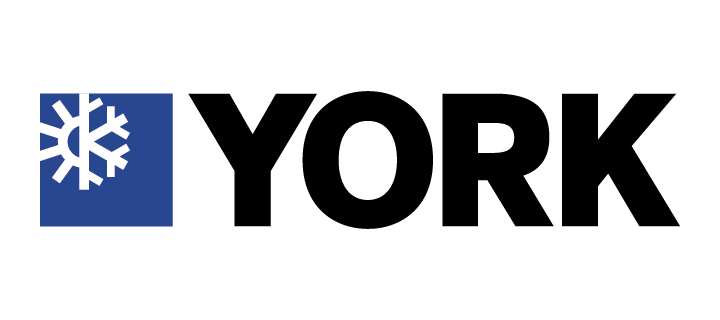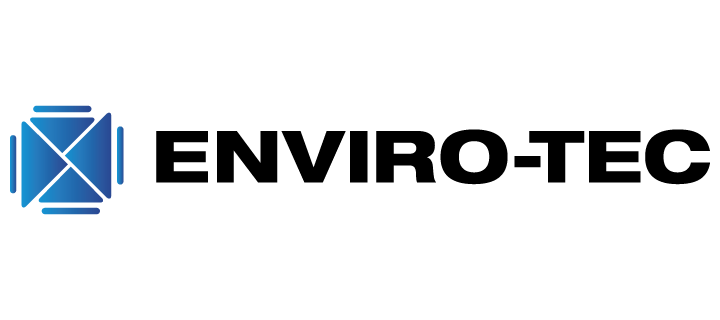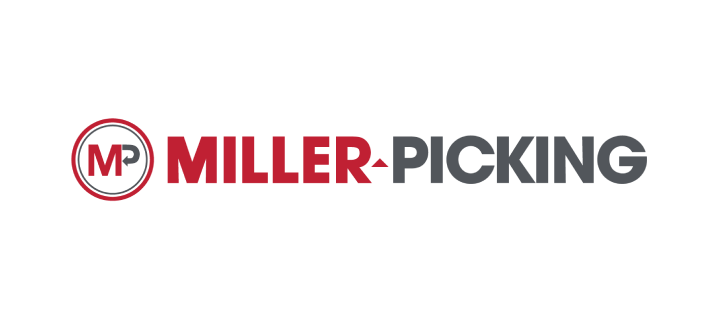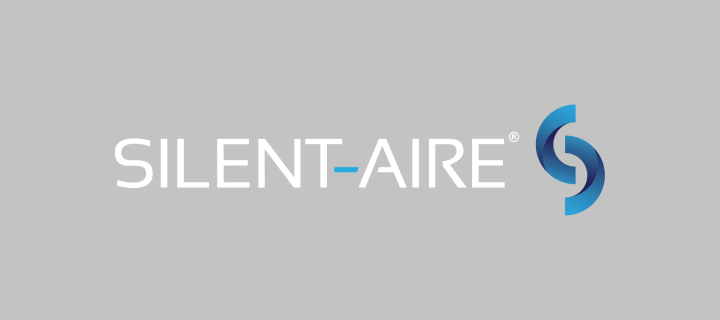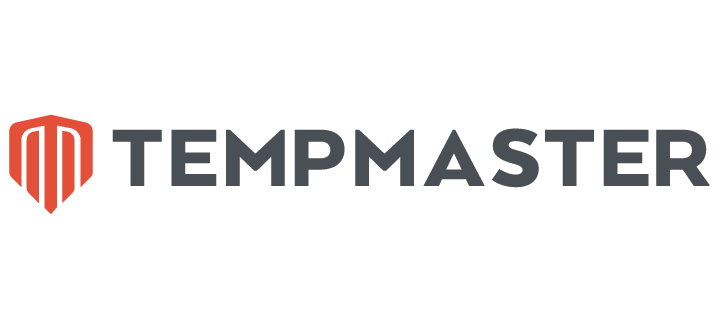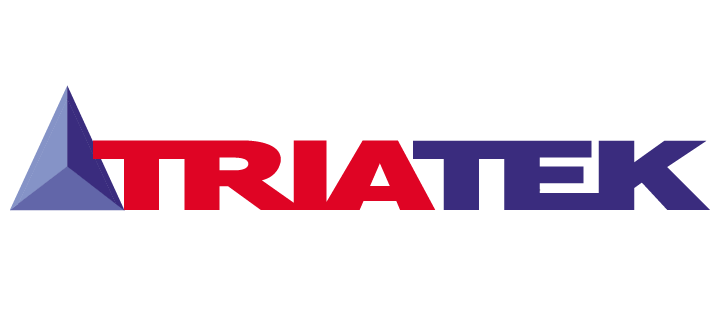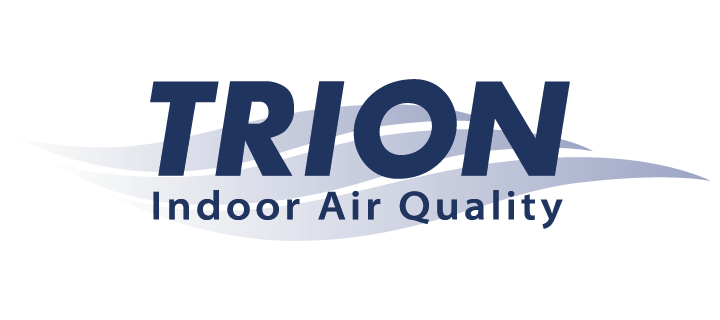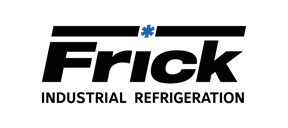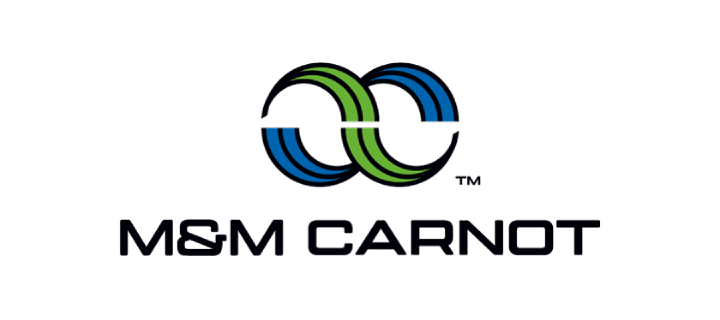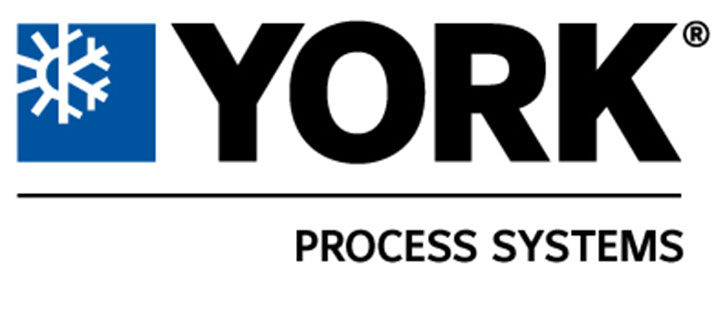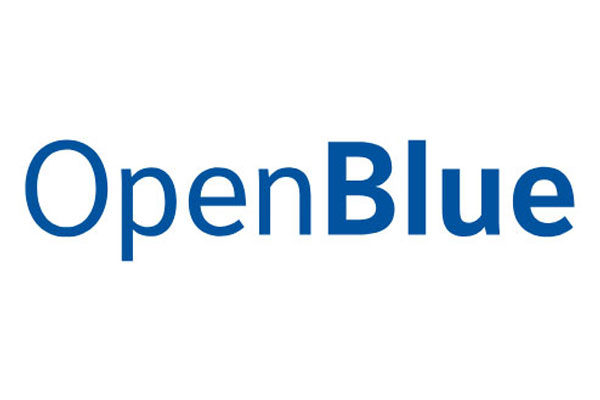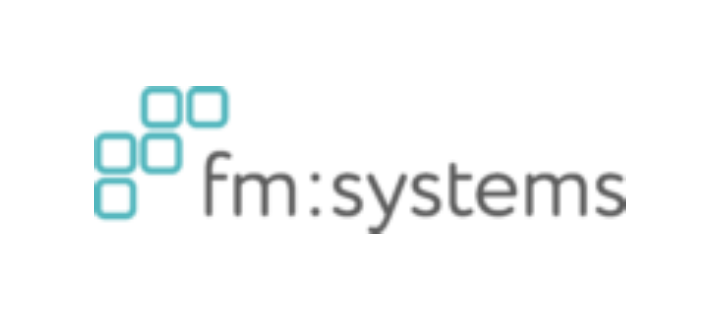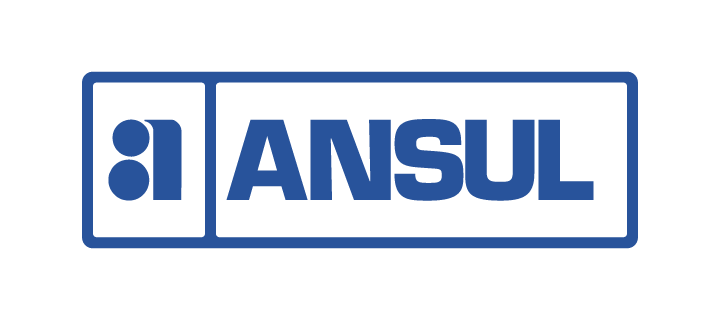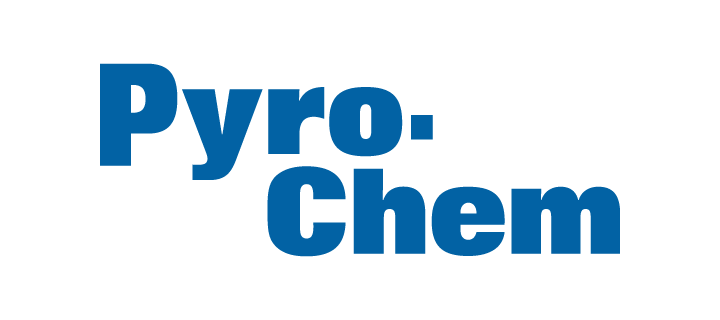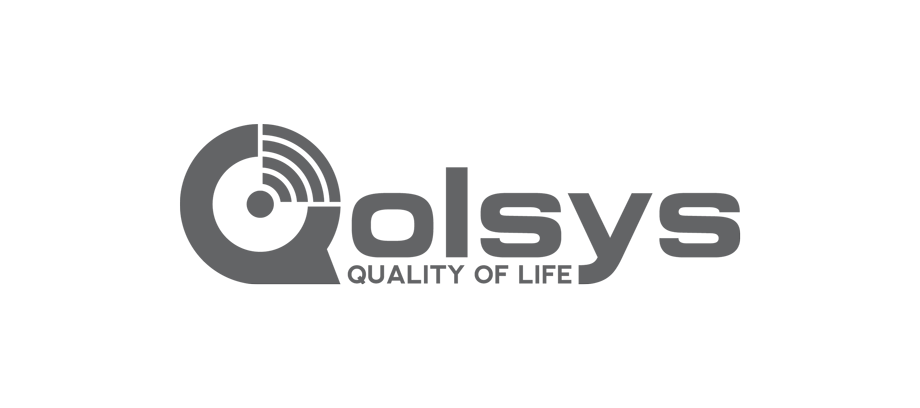- Johnson Controls
- Insights
- Creating Healthy Buildings
Creating Healthy Buildings: The Key to Optimising Efficiency and Enhancing Occupant Well-being
The report includes insights from more than 1,500 business leaders responsible for the systems regulating their organization’s building environments.

Many organisations face the dual challenge of optimising their building environments while improving operational efficiency. Building on a 2023 commissioned study conducted by Forrester Consulting on behalf of Johnson Controls, a recently released report focused on healthy buildings sheds light on the state of smart buildings and the critical need for integrating health-focused strategies into building optimisation efforts. The report includes insights from more than 1,500 business leaders responsible for the systems regulating their organisation’s building environments.
According to the report, smart buildings are deemed vital for meeting top business goals, including accelerating digital transformation and sustainability initiatives, and enhancing customer experience. Building leaders recognise the significance of creating environments that prioritise occupant safety and experience, as well as the ability to attain health and safety certifications. These priorities reflect a growing awareness of the impact that building environments have on overall business success.
System integration is critical for deriving actionable insights for building optimisation and the need for strategic partnerships emerged as a trend to bridge integration and expertise gaps.
Despite the recognition of the importance of healthy buildings, only 11% of building leaders reported having fully integrated systems and equipment. System integration is critical for deriving actionable insights for building optimisation and the need for strategic partnerships emerged as a trend to bridge integration and expertise gaps.
In their pursuit of improving occupant well-being, health, and productivity, building leaders acknowledge the necessity of upgrading equipment and infrastructure. However, a significant number of leaders admit to lacking control and regulation over existing systems. Additionally, challenges associated with optimising asset performance/efficiency, monitoring outdoor air quality, and improving indoor air quality (IAQ) further highlight the need for external partners. Notably, integrating IAQ into digital building systems is a capability that organisations rely on external partners for, as it plays a vital role in ensuring a healthy building environment.
The study reveals a clear distinction between organisations with comprehensive building environment strategies and those with more limited approaches. Organisations with comprehensive strategies focus on improving energy efficiency, physical security, flexible building models, and monitoring/improving IAQ. In contrast, organisations with limited strategies primarily concentrate on tracking and improving energy efficiency along with enhancing physical security. This finding underscores the importance of a holistic approach to building optimisation, encompassing various aspects of health, well-being, and efficiency.
Related Items
Smart buildings foster health, well-being, and productivity
Read the healthy buildings spotlight that surveyed leaders from 25 countries and 18 industries.
Cracking the code to smart building success
90% of respondents say their building systems and equipment are not fully integrated, and it's costing them time, people, and money. Learn more.

